I love playing Y! Literati. I worked hard on my own to go from a provisional player, a player with a 1500 rating, to a player with a rating well above 2100. One thing that greatly bothers me is the fact that there's so many out there who are quick to point the finger that you're cheating, especially when you use all 7 tiles and make 2 or 3 bingo bonuses during the game. It's not like a person has control over the letters are distributed or what letters are distributed for that matter.
I've also noticed people are quick to point the cheating finger if you consult a dictionary to make sure what you're making truly is a word, if you make a word they've never heard of before or if you use any of the following: slang, variations of a word or British spellings. In fact, one woman recently told me that she felt variations of a word shouldn't be allowed and I had no idea that there was a written rule that stated you couldn't be referring to or consulting a dictionary. Referring to or consulting a dictionary is something I've always done growing up whenever I played the Scrabble board game with my family and it's something I continue to do today. I find it hard to believe there are people out there who believe you shouldn't do this and that by doing so you're cheating.
Some people say it's obviously when people cheat. I say not necessarily.
After a certain amount of time playing the game, you can become unimaginably good. Far better than you ever would have initially thought. Think of this, assuming someone is a fast typist (60+ wpm) and a skilled word finder, they may find 100 words per minute of each game, at say an average length of 5 or 6 letters. This certainly isn't possible every game, as obviously some boards are significantly better than others, but it is humanly possible most of the time.
I wish people who are quick to others of cheating would simply accept the fact that some people have gotten very very good at this type of game and it doesn't make them cheaters. It just means they've likely wasted more time playing them than they have and have thus formulated a better vocabulary for the game. Why can't a person enjoy reaping the benefits of a good vocabulary without being accused of cheating? It's frustrating when people can't accept that there CAN be people who are better than them.
That's not a method of telling whether someone is a cheat or not. The only real way to tell if someone is cheating is by being there as they play or having a hidden camera capture the cheating and that, quite frankly, is impossible unless you know the person and live next door, down the street, elsewhere in town or in their immediate area.
Besides, cheating is no guarantee of winning. People have cheated and have still lost.
People should play Y! Literati and have fun. Worry less about cheaters and worry more about improving their own rating and how they play the game.















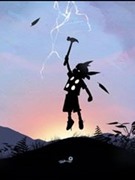



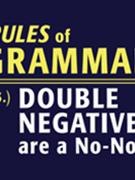


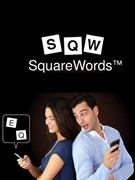
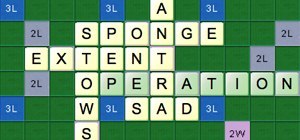
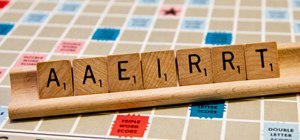
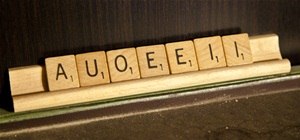
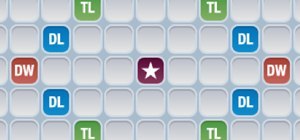
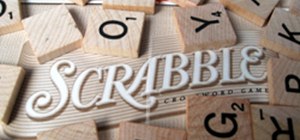

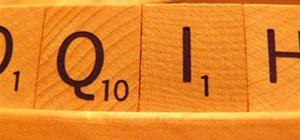
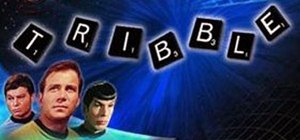

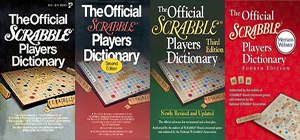

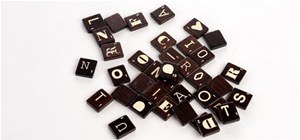
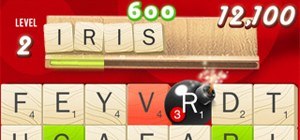
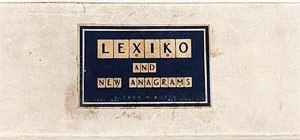
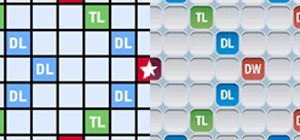

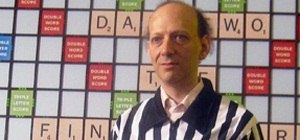
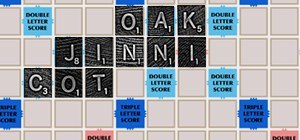
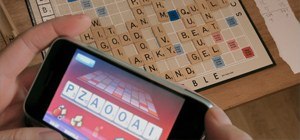

2 Responses
My family always plays with a dictionary. I think it helps develop word power, leads to improved play and usually nobody forgets a word for which they've desperately searched. Likewise, when I play Literati, I usually have a dictionary at hand -- sometimes I use it, sometimes I don't. Depends on how well my brain is functioning that day. And I don't care what my opponent is doing. I always play in the social rooms and even there people get ticked if you use an obscure word like "cwm". Since you're playing in the advanced rooms, where people are maybe more hard-core, you could state at the beginning of a game that you'll be using your dictionary. Or not. How do you know they're not using a dictionary or other aide while they are accusing you....maybe they have a partner sitting next to them using a tricked out IPad app that converts letters-to-words to find all the possible combos....ah ha ha ha! And now they're bullying you because they're ticked that you're winning! Lastly, and not that it really matters, there are no rules for Literati other than how to play the game; therefore, using a dictionary is not cheating because there is no rule for or against it.
I think there's actually a lot to think about when it comes to this problem. I've never played Literati myself, but the rules don't say anything about using a dictionary. But… it does say there are two different types of games, a regular game where everything goes (like the Words with Friends or Scrabble apps) and a "challenge stage" where players can challenge words placed on the board by their opponent.
My opinion—the challenge version of Literati is where you will be accused of cheating, since it's implied that you won't be using dictionaries except for challenges. Otherwise, it defeats the purpose of that particular game. If you're playing the regular version of Literati, I suppose it doesn't matter if you use one or not.
I imagine that most people who play word game apps like Words with Friends or Scrabble use a dictionary at one point or another. There's no way to get around it. I particularly get annoyed when their using cheating apps to play the game, which requires no skill at all. At least with a dictionary, you're learning as you go. Using an anagram solver or whatever doesn't help retain information.
I only use a dictionary when I play a computer (AI), for learning, but I never give into the temptation during a person-to-person game. It's just how I like to play, but I accept that others use dictionaries. It just makes it more challenging for me.
If you look in the traditional rules of Scrabble, it also uses the "challenge" mode that one of the Literati versions uses. A dictionary must be agreed upon, but only used in challenge—because it's part of the game strategy. It's a huge part of competitive play, too.
But… it all depends on who and why you're playing. Lisa is right that using a dictionary helps develop a better vocabulary, but I suppose everybody would have to agree on the use of a dictionary before starting a game. If you're playing a challenge game of Literati, then I'm guessing you shouldn't be using a dictionary at all. If you're in the regular games, then maybe it'd be worth it to tell them up front you're using one.
No matter if you're using a dictionary or not, there will always be people out there who accuse others of cheating. CWM is definitely one of those iffy words for most people. And getting 2 or 3 seven-letter words also raises some flags, but to someone who's been playing a long time, it's normal. On the web, you just have to deal with the accusations of cheating.
Share Your Thoughts